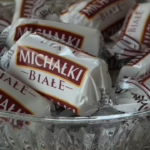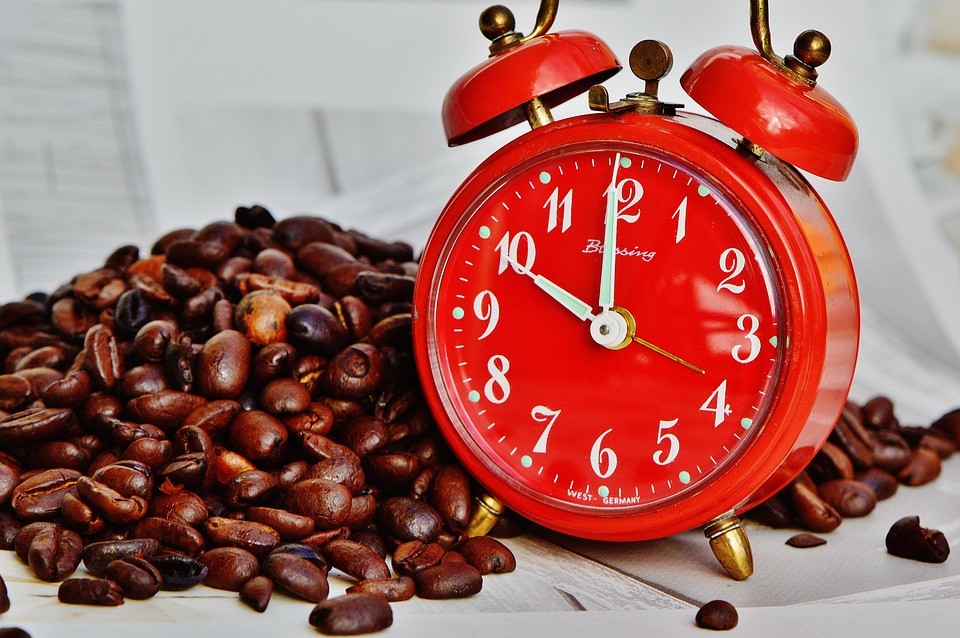Nutrition on a Budget: Affordable Options for Healthy Drinking
Nutrition is a fundamental aspect of health, and while it often seems that healthy options come with a high price tag, this doesn’t have to be the case. With careful planning and knowledge, it is entirely possible to maintain a nutritious diet—especially when it comes to drink options—while being budget-conscious. Below, we explore various affordable yet healthy drinking options, tips for meal planning, and how to make health-conscious choices without breaking the bank.
Why Drinking Healthy is Important
Hydration is often overshadowed by food in discussions about nutrition, but it is an equally critical part of maintaining good health. Adequate fluid intake supports a myriad of physiological functions, including temperature regulation, joint lubrication, nutrient transport, and metabolic processes. Here are a few reasons to focus on what you drink:
- Caloric Intake: Many beverages are high in added sugars and empty calories, contributing to weight gain and increased risk of chronic diseases.
- Nutrient Density: Some drinks can contribute essential vitamins and minerals that might be lacking in your diet.
- Hydration: Maintaining proper hydration levels is crucial for overall health and can improve energy levels, cognitive function, and physical performance.
Affordable and Healthy Drink Options
If you’re looking to drink healthy without spending a fortune, consider the following options:
1. Water
Cost: Free to very low cost.
Water is the ultimate healthy beverage—it’s calorie-free, hydrating, and necessary for life. Drinking sufficient water can help reduce feelings of hunger and prevent overeating. Options to keep water interesting include:
- Infused Water: Add fruits (like lemon, lime, or berries), herbs (like mint or basil), or vegetables (like cucumber) for flavor without added calories.
- Sparkling Water: If you enjoy carbonated drinks, opt for unsweetened sparkling water for a bubbly alternative.
2. Tea
Cost: $0.10 – $0.50 per serving.
Tea is rich in antioxidants and can have numerous health benefits—depending on the type, it may help improve heart health, lower blood pressure, and reduce blood sugar levels. Some affordable varieties include:
- Green Tea: Known for its metabolism-boosting properties.
- Herbal Tea: Options like chamomile or peppermint are caffeine-free and can be soothing.
- Black Tea: Contains polyphenols that support cardiovascular health.
To save money, consider buying loose leaf tea or bulk tea bags, which tend to be cheaper over time.
3. Coffee
Cost: $0.15 – $0.50 per serving.
While it can be tempting to splurge on store-bought coffee drinks, making coffee at home is a much more budget-friendly option. Coffee can be a source of beneficial antioxidants and, in moderation, may even support health. Here are some tips for healthy coffee:
- Skip the Sugar and Cream: Try to wean off sugar and heavy creamers. Instead, consider using almond milk or moderate amounts of other plant-based milks.
- Use a French Press or Pour Over: These are inexpensive methods to brew coffee at home.
4. Homemade Smoothies
Cost: $2 – $4 per serving.
Smoothies can be a great way to pack in nutrients. The key to making them budget-friendly is to use seasonal fruits and frozen produce, which tend to be cheaper. Consider these ingredients:
- Bananas: An affordable source of potassium.
- Spinach or Kale: Rich in vitamins A, C, and K.
- Oats or Yogurt: For added fiber and creaminess.
DIY smoothies offer an excellent opportunity to be creative with flavors and textures, as well as to tailor your smoothies to your nutritional needs.
5. Vegetable Juices
Cost: $1 – $3 per serving.
Homemade vegetable juices can be nutritious and affordable. By using a mix of budget-friendly vegetables such as carrots, celery, and beets, you can create delicious juices that are packed with vitamins and minerals.
When juicing, it’s crucial to balance between fruits and vegetables. Too many fruits can lead to high sugar content. Considering making concentrated vegetable juices can help you manage portions effectively.
6. Nut Milks
Cost: $2 – $4 per quart.
While store-bought nut milks can be expensive, making your own nut milk at home is straightforward and cost-effective. Here’s a simple method:
- Ingredients: Choose nuts like almonds or oats (for oat milk).
- Method: Soak the nuts for several hours, then blend with water and strain through a cloth or fine mesh sieve.
Nut milks are not just alternatives to dairy but can also be flavored or sweetened to taste.
Budget-Friendly Shopping Tips
While knowing what to drink is vital, knowing how to shop smartly can enhance your budgeting efforts. Here are some strategies for maintaining an affordable nutrition approach:
1. Plan Your Meals
- Weekly Grocery List: When you plan your meals for the week, create a detailed shopping list to avoid impulse buys.
- Batch Cooking: Prepare large quantities of drinks like smoothies or infused water at once and store them in the fridge for convenience.
2. Buy in Bulk
Purchasing items in bulk, particularly non-perishable items like tea, oats, or even jars of natural peanut butter can save significant money.
3. Utilize Seasonal Products
Fruits and vegetables are generally cheaper when they are in season, so research what’s currently in season in your area and use those items to plan your drinks.
4. Take Advantage of Sales
- Coupons and Store Sales: Use coupons when available, and stock up on discounted items you regularly consume.
- Membership Cards: Many grocery stores have loyalty programs that offer discounts and points.
5. Grow Your Own Ingredients
If you have the space, consider growing your own herbs, vegetables, or even certain fruits. Items like mint, basil, and tomatoes can be simple to grow and yield fresh flavors for your drinks.
Healthier Alternatives to Popular Beverages
- Soda: Replace with flavored sparkling water.
- Sports Drinks: Instead, try homemade electrolyte drinks made with water, a pinch of salt, and some natural fruit juice.
- Sugary Coffee Drinks: Opt for black coffee or coffee with a splash of nut milk.
Conclusion
Nurturing a healthy drinking habit doesn’t have to be an expensive endeavor. By choosing affordable options, shopping smartly, and making your drinks at home, you can enjoy nutritious beverages without straining your wallet. With creativity, resourcefulness, and care, you can sustain a fulfilling and healthy lifestyle without compromising your budget.
Remember, the best nutrition is one that fits your individual needs and circumstances. By paying attention to what you drink and focusing on affordable, healthy options, you’re already on the right path to better health. Cheers to making nutritious choices more accessible for everyone!
Footnotes
-
Harvard T.H. Chan School of Public Health. (n.d.). “The Nutrition Source: Water.”
Retrieved from Harvard.edu -
USDA. (2015). “Dietary Guidelines for Americans.”
Retrieved from dietaryguidelines.gov -
Mayo Clinic Staff. (2021). “Fluid and Electrolyte Balance.”
Retrieved from mayoclinic.org -
American Heart Association. (2021). “How much water should you drink?”
Retrieved from heart.org -
Cleveland Clinic. (2020). “What Are The Health Benefits Of Tea?”
Retrieved from clevelandclinic.org -
Journal of Nutrition. (2020). “Moderate Coffee Consumption and Health: An Overview of the Evidence.”
Retrieved from jn.nutrition.org -
Centers for Disease Control and Prevention. (2019). “Drink Water.”
Retrieved from cdc.gov - British Nutrition Foundation. (2021). “Healthy Drinks.”
Retrieved from nutrition.org.uk
These resources will provide deeper insights and empirical backing to the ideas presented in this article. Happy, healthy drinking on a budget!


























Add Comment